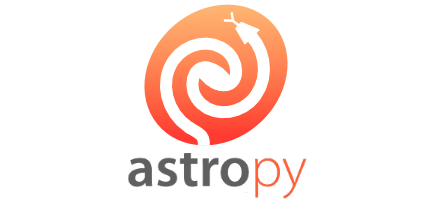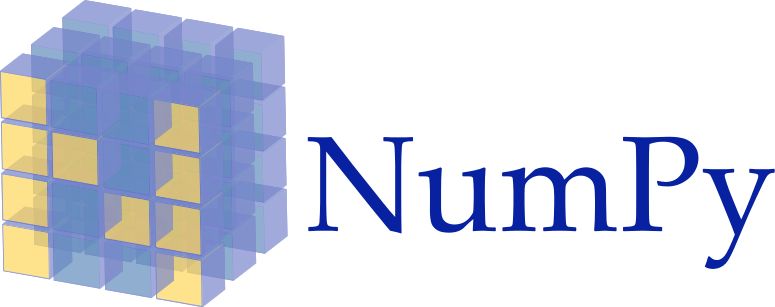What to do next
Software
The fundamental interface to acquiring, interpreting, and communicating scientific knowledge is the computer. Many astronomers and physicists have their own toolkit of software that complements the word processors, spreadsheets, and presentation software that you are very likely already familiar with. Software is needed for analyzing and visualizing data, as well as doing repetitive arithmetic --- that is, numerical models.
- Install the Anaconda software package, which offers much of what you will need and runs on any operating system.
- Start the Jupyter notebook, by following these instructions.
- Sign up for a free Bitbucket account using your academic email. We use for revision control and accessing the code repositories used by our group.
- If you already know another language or basic scripting and want get up to speed on Python in one weekend, then Go to bootcamp.
- Need to learn some coding? Check out the thirteen lucky notebooks with videos that introduce you to the basics of working with and plotting numerical data. Do the exercises in Notebooks 1 through 7, the others are bonus.
Alternatively, you can download Python from scratch and get individual packages as you need them with a package manager (e.g., with pip).
Background Reading
This is where chosing your own adventure begins! You can pick whatever subject most interests you and delve into greater detail. Whether starting from the stacks and online resources of Cooper Library or simply wikipedia, you can't go wrong on reading more about the topics that most interest you. You can take a look at the research topics that are briefly summarized on this site and look into the follow-up reading. It's never to early to start looking through the peer-reviewed literature to see where the state of art in confusing jargon currently stands. University subscriptions make the body of scientific literature and online textbooks are readily available to you. Embrace your curiosity, pick something, and go take a look.
Schedule a Meeting
If you're confident in running a Python script and have read up enough to want to have a conversation and determine what to do next, then please feel to click on the envelope below and send a message about scheduling a time to meet.






